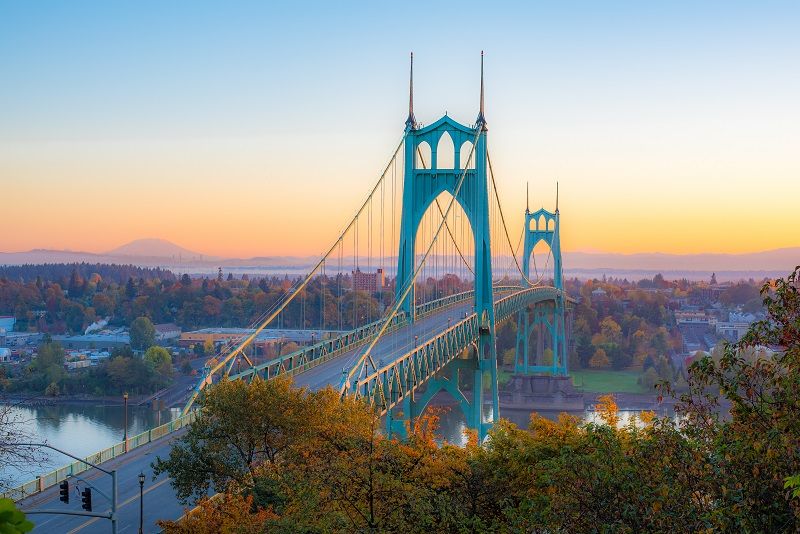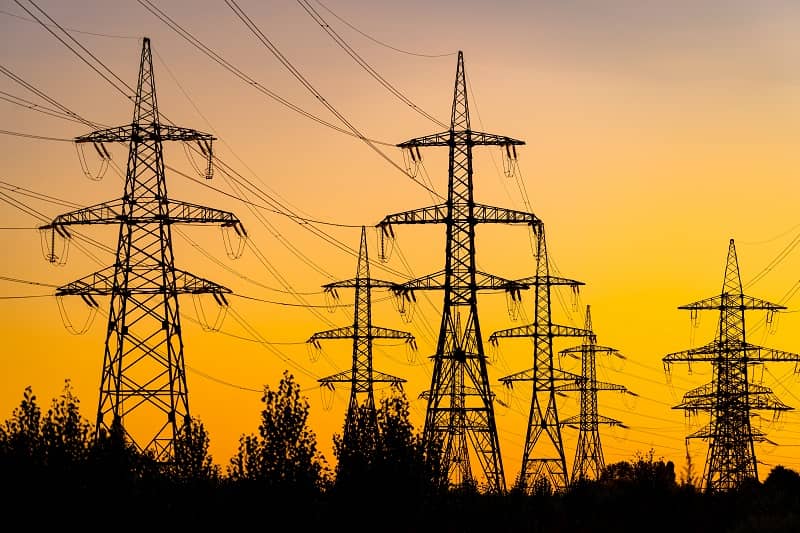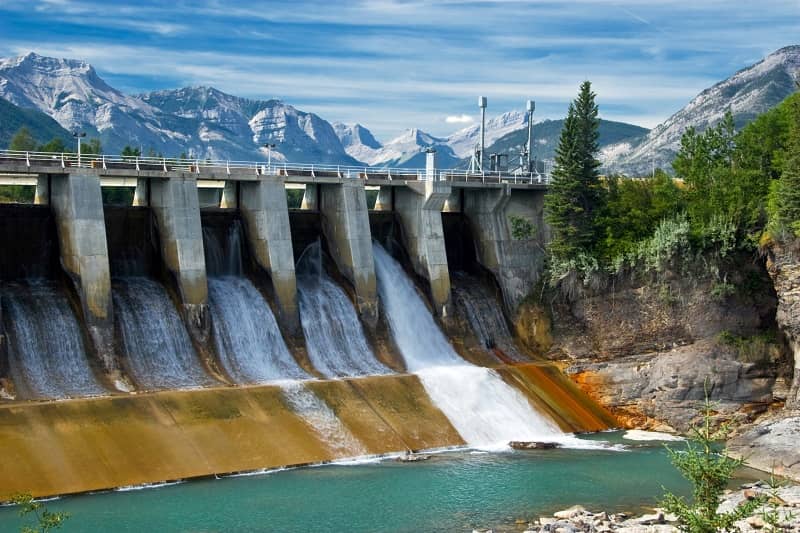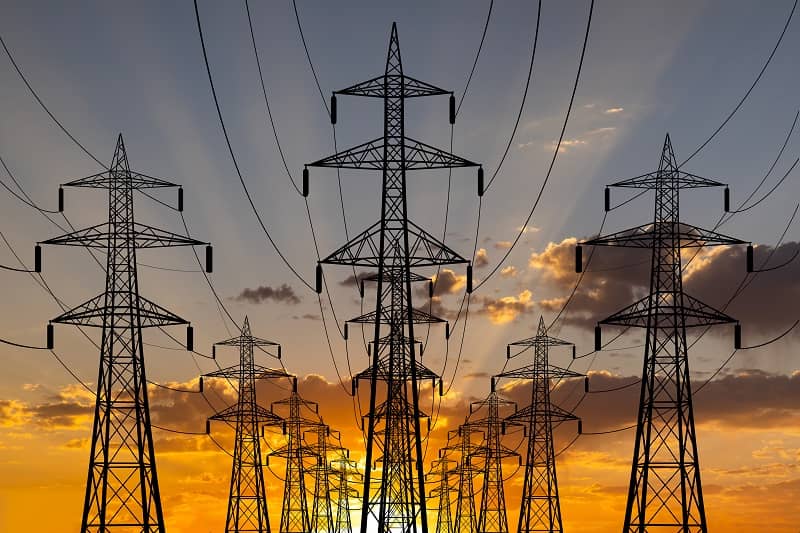FOR IMMEDIATE RELEASE
Contact:
Todd Wynn
Vice-President
Cascade Policy Institute
503-242-0900
todd@cascadepolicy.org
www.cascadepolicy.org
City of Portland and State of Oregon Fail to Achieve 2010 Renewable Energy Goals
Portland, OR, December 14, 2010 – In the last decade the City of Portland and the State of Oregon set goals for the government to reach 100% renewable energy use by 2010.
Nothing regarding the progress of reaching these goals has been released to date.
Why? Because both entities have failed miserably due to the goals being unrealistic from the start and the reality of fiscal responsibility finally setting in.
Cascade Policy Institute’s recent report by Torey Holderith and Todd Wynn, “Renewable Energy Failure: Why Government Mandates Don’t Work and What They Will Do to Our Economy,” reveals the failure of the City of Portland and the State of Oregon in reaching these goals.
In April 2001 the Portland City Council approved an aggressive plan aimed to combat global warming. An important part of this plan mandated that the City of Portland acquire 100% of its energy from renewable sources by 2010.
Cascade’s report discloses that the goals were unattainable due to a need to “balance desire for clean energy and fiscal responsibility.” As of 2010, only 9% of the Portland city government’s power comes from renewable energy sources.
The City of Portland’s attempt is not the only example of a government-led push to adopt renewables. In 2005 Governor Ted Kulongoski established goals for all state agencies to achieve 25% of their electricity consumption from renewable sources by 2010. Apparently not fazed by the challenge of the goal, Kulongoski revised it in 2007 to be 100% of state government power from renewable sources by 2010, despite no noticeable success in achieving the initial goal.
The current status of renewable energy for state government lies around one to two percent. Acknowledging this failure earlier this year, Governor Kulongoski revised the goal once again, with no notice or press release, back to 100% by 2025.
Cascade’s report also exposes a striking parallel between these failed government goals and the 2007 utility mandate (Senate Bill 838: Renewable Portfolio Standard) that forces ratepayers to purchase renewable electricity.
“It would be wise to learn from previous failures and realize that the renewable portfolio standards will be extremely costly and most likely unachievable,” say Holderith and Wynn.
The report warns of future implications associated with forcing Oregonians to purchase expensive and unreliable energy.
“Ratepayers have begun to see increases in electricity rates due to legislative mandates forcing renewable energy onto the grid, but this is just the beginning of higher electric rates and lower economic growth.”
About Cascade Policy Institute:
Cascade Policy Institute is the only free market think tank in Oregon. Cascade studies state and local issues, including education, fiscal policy, the environment, growth management, transportation, rural issues and health care. Cascade publishes reports and commentaries on these issues. With their findings, Cascade Policy Institute seeks to educate the public and decision makers. Cascade policy analysts speak at community meetings and provide expert testimony to the Oregon Legislature and other decision-making bodies.
###
For more information and to schedule an interview, contact Todd Wynn at 503-242-0900 or todd@cascadepolicy.org.











